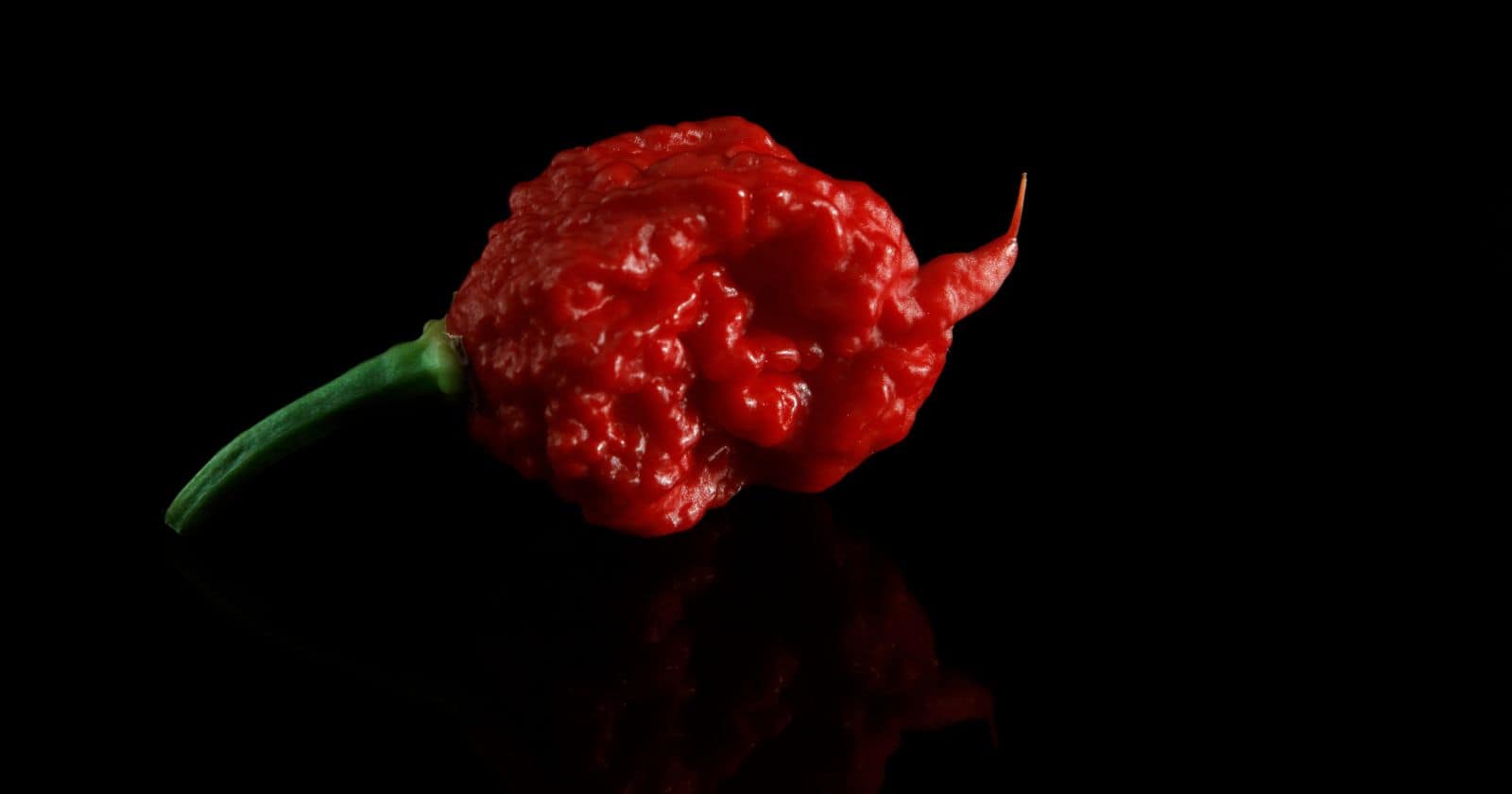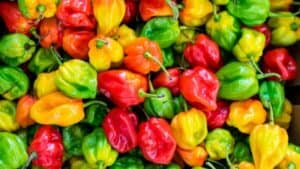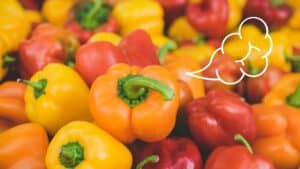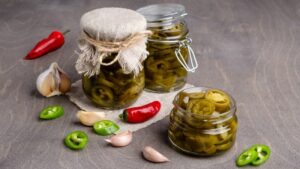For fiery food fans, peppers add thrilling zest to dishes. But if you’re a true chili-head who loves to crank up the heat, you may have pondered this burning question:
Could guzzling down mounds of spicy peppers lead to your untimely demise?
The short answer is, while extremely high pepper intake can cause some painful situations, a lethal pepper overdose is unlikely.
Here’s what the science says:
- Eating typical amounts of sweet or spicy peppers poses no risks. Moderation is key with super-hots.
- Overdoing capsaicin, the fiery compound in peppers, may cause abdominal issues. Hospitalization is rare.
- Massive doses tested on rats found very high pepper levels would be needed to turn fatal. Not realistic for humans.
- Black pepper and piperine can also cause problems in extreme excess. But regular use in cooking is safe.
So the bottom line is, your pepper passion probably won’t kill you. But too much of a good thing can definitely burn!
Now continue reading about exactly how much pepper it would take to cause true problems, how to safely indulge your love of heat, and more MythBusters-style answers about the intersection of peppers and toxicity!
Most Peppers Pose No Risk in Typical Servings
First things first – all the bell peppers, jalapeños, habaneros, and other varieties you cook with are perfectly safe to eat.
When enjoyed in normal food amounts, neither sweet nor hot peppers present any health hazards.
So you don’t have to worry about that pinch of cayenne in your chili or the diced Serranos in your salsa causing issues.
Even very spicy peppers like habaneros, ghost peppers, and Carolina reapers are harmless for most people when used sparingly to add zing to dishes.
But what happens if you go overboard on pepper portions? Keep reading to find out.
Overdoing Spicy Pepper Intake Can Cause Problems
While standard culinary pepper use is A-OK, problems may arise if you overdo it.
Consuming extremely high amounts of the compounds that give hot peppers their heat could lead to discomfort or even pain.
The key facts:
- Peppers get their punch from a molecule called capsaicin. It binds to pain receptors, triggering that burning sensation.
- Eating massive amounts of capsaicin essentially overloads these pain receptors.
- Issues like abdominal pain, nausea, vomiting, and diarrhea can occur.
- Rarely, extreme capsaicin consumption requires hospitalization.
So sticking within sensible scoville limits is advised. Moderation is key with fiery fare.
The Spiciest Peppers Require Extra Caution
While all hot peppers contain capsaicin, some varieties pack enough heat to inflict severe discomfort if over-consumed.
Peppers like habaneros, ghost peppers, and Carolina reapers should be treated with particular care. Just a tiny amount delivers aggressive arsonic flavor.
Eating more than a few slivers of these could torch your taste buds – and other sensitive body parts on the way out.
When using uber-hot peppers, exercise extreme prudence. A little produces tons of heat!
Black Pepper Can Also Cause Concerns in Excess
Interestingly, black peppercorns contain a different burning compound called piperine. So taking in huge amounts of black pepper could also create distress.
Potential issues from ingesting very high black pepper doses include:
- Burning of the throat, mouth, and digestive tract
- Nausea and vomiting
- Diarrhea
- Damage to gut lining
However, reaching problematic black pepper levels through normal use in cooking is unlikely. Stick with moderate grind sizes.
The Toxic Pepper Dose Levels Are Quite High
Studies help quantify how much capsaicin or pepper it takes to cause potential harm.
In one study, the LD50 (lethal dose) needed to kill 50% of treated rats was:
- 23.58 ml of pepper sauce per kg of body weight for males.
- 19.52 ml per kg for females.
Converting this to a 150 pound (68 kg) human would require over 1 quart (1.5 liters) of pepper sauce!
Clearly, dangerously high pepper consumption would be hard to reach through typical diets. Stick with sensible portions to steer clear of problems.
Tips to Stay Safe When Indulging Your Pepper Passion
Luckily, enjoying peppers poses no concerns when some sound practices are followed:
- Use moderation. No need to mega-dose on peppers. Enjoy their essence in prudent amounts.
- Respect ultra-hots. A little goes a very long way with peppers like ghost or reaper.
- Size up slowly. Build heat tolerance gradually if aiming to handle hotter varieties.
- Watch for reactions. Allergies or sensitivities can vary person-to-person.
- Have antacids available. Milk, yogurt, bread, and antacids can soothe if you overdo it.
- Never force high-heat food on others. Respect individual tolerance levels.
The Final Takeaway on Peppers and Toxicity
So can consuming too many peppers kill you? The verdict:
- Typical culinary uses of all peppers, including hot ones, are completely safe.
- Only highly excessive intake of peppers or isolated capsaicin/piperine can cause adverse effects.
- Even very high doses are unlikely to be lethal, though medical issues are possible.
- Stick to moderate, sensible pepper consumption and enjoyment to stay safe.
The bottom line? While pepper passion is totally fine, pepper overdose is unlikely but can burn more than your taste buds – so dose wisely.
Now that your pepper safety concerns are allayed, get ready to add their bright colors, crispy textures, and range of flavors – from mild to scorching – to your favorite dishes!





